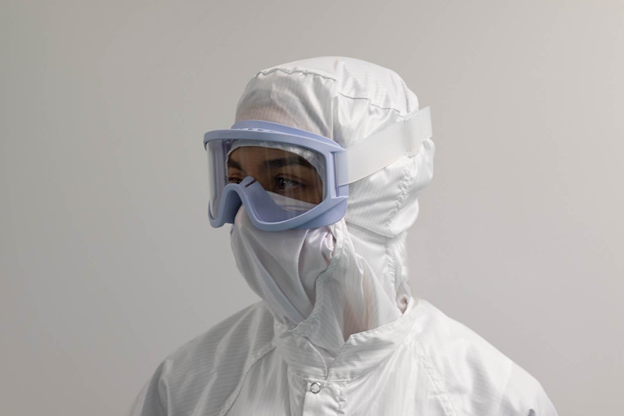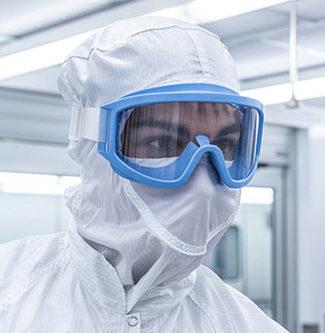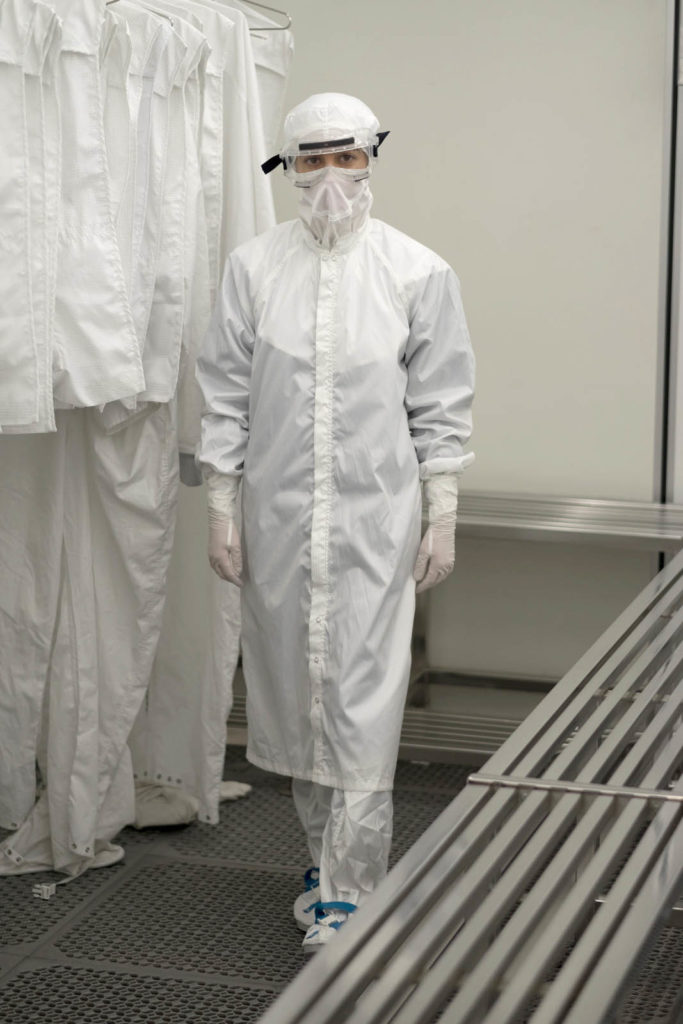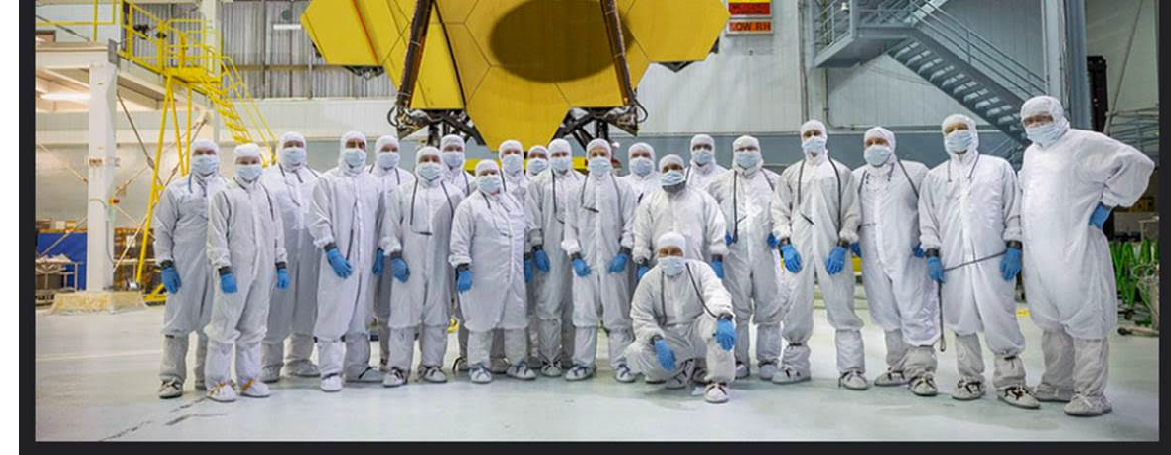
In the healthcare and pharmaceutical industries, adherence to strict quality standards is crucial to ensure the safety and efficacy of medications and sterile compounding practices. The United States Pharmacopeia (USP) provides a set of guidelines and standards that govern various aspects of pharmaceutical compounding, including USP 797.
Compliance with USP 797 is essential for businesses involved in sterile compounding, as it establishes requirements for the design, operation, and maintenance of facilities where compounding occurs.
We provide a comprehensive guide to USP 797 pharmacy compliance and highlight the role of Prudential Cleanroom Services in helping businesses meet these guidelines.
What Is USP 797?

USP 797, first instituted in 2004 and revised in 2008 and 2019, outlines the practices and procedures necessary for compounding sterile preparations. It focuses on the prevention of contamination during the compounding process to safeguard patients from potentially harmful substances.
USP 797 is necessary for several critical reasons:
- Patient safety
- Standardization
- Legal and regulatory compliance
- Quality assurance
USP 797 encompasses a wide range of topics related to sterile compounding. Some key components include:
- Facility design and environmental controls
- Personnel training and gowning
- Environmental monitoring
- Cleaning and disinfection procedures
- Quality assurance and documentation
The Difference Between USP 797 and USP 800
While USP 797 primarily addresses sterile compounding, USP 800 focuses specifically on the handling of hazardous drugs. While both standards share the common goal of ensuring patient and worker safety, they have distinct requirements and applicability.
| Aspect | USP 797 | USP 800 |
| Focus and Application | Compounding of sterile medications | Handling of hazardous drugs |
| Applicability | Compounding healthcare facilities | Facilities handling hazardous drugs |
| Hazardous Drug Definitions | Not comprehensive; general sterile compounding practices | Provides a specific list of hazardous drugs |
| Facility Requirements | Emphasizes facility design, environmental controls, personnel training, and aseptic techniques | Focuses on engineering controls, ventilation systems, PPE use, and handling procedures for hazardous drugs |
| Personnel Training | Specific to sterile compounding roles | Comprehensive training for handling hazardous drugs |
| Overlapping Requirements | Environmental monitoring, cleaning, and disinfection protocols | Emphasizes the importance of maintaining a sterile environment and worker safety |
Why Is Compliance with USP 797 Important?
Staying compliant with USP 797 is of utmost importance for healthcare and pharmaceutical businesses, particularly for those expanding their scope and seeking to avoid compliance issues. Non-compliance can lead to severe consequences, including:
- Compromised patient safety
- Regulatory penalties
- Legal liabilities
- Damage to the reputation of the business
Adhering to USP 797 cleaning guidelines demonstrates a commitment to quality and patient care while minimizing the risk of contamination, medication errors, and adverse effects.
A Detailed Look at USP 797 Compliance Requirements
USP 797 sets forth specific requirements for both hazardous and non-hazardous compounding spaces. To achieve compliance, businesses must meet the required guidelines. The following tables provide an overview of USP guidelines for sterile compounding for both hazardous and non-hazardous spaces:
USP 797 Compliance Requirements for Hazardous and Non-Hazardous Compounding Spaces
| Aspect | Requirements for Non-Hazardous Compounding Spaces | Requirements for Hazardous Compounding Spaces |
| Facility Design | Dedicated compounding area with controlled accessAdequate space for personnel movement and equipment placement | Same as per non-hazardous compounding spaces |
| Environmental Controls | ISO Class 7 or better air quality for compounding areasISO Class 5 or better air quality for critical sites (e.g., direct compounding zone)Temperature and humidity controls to maintain appropriate conditions | ISO Class 7 or better air quality for compounding areasISO Class 5 or better air quality for critical sites (e.g., direct compounding zone)Temperature and humidity controls to maintain appropriate conditions.Use of negative pressure and containment strategies for compounding hazardous drugs |
| Personnel Training and Gowning | Training in aseptic techniques and proper gowning procedures for all personnelGowning with appropriate garb, including gloves, masks, hair covers, and shoe covers | Specialized training for handling hazardous drugs, spill management, and waste disposalGowning with appropriate garb, including double gloves and protective eyewear |
| Cleaning and Disinfection | Regular cleaning and disinfection of compounding surfaces and equipmentUse of sterile disinfectants approved for compounding environments | Same as per non-hazardous compounding spaces |
| Environmental Monitoring | Regular monitoring of air and surface quality in compounding areasImplementing corrective actions in response to any deviations | Same as per non-hazardous compounding spaces |
| Quality Assurance and Documentation | Regular testing and monitoring of compounded medications for sterility and potencyComprehensive documentation of all compounding activities, including batch records and logs | Regular testing and monitoring of compounded hazardous drugs for sterility and potencyComprehensive documentation of all compounding activities, including batch records and logs |
How Prudential Cleanroom Services Helps Businesses Stay Compliant with USP 797

Prudential Cleanroom Services is a leading provider of cleanroom garments and contamination control products designed to meet USP 797 requirements.
With a comprehensive range of USP 797 supplies of both sterile and non-sterile products, Prudential assists businesses in maintaining compliance throughout their compounding processes.
Our cleanroom products include:
- Sterile Hoods
- Sterile Coveralls
- Sterile Boots
- Sterile Goggles
- Cleanroom processed Scrubs.
- Sterile Micro Mops for the cleaning of laminar air flow cabinets.
- Gamma-irradiated mops to maintain optimal sterility.
These products are specifically engineered to minimize particle generation, maintain cleanliness, and ensure the safety and efficacy of compounded medications.
For more information about Prudential Cleanroom Services and our USP 797-compliant products, visit our website today.
